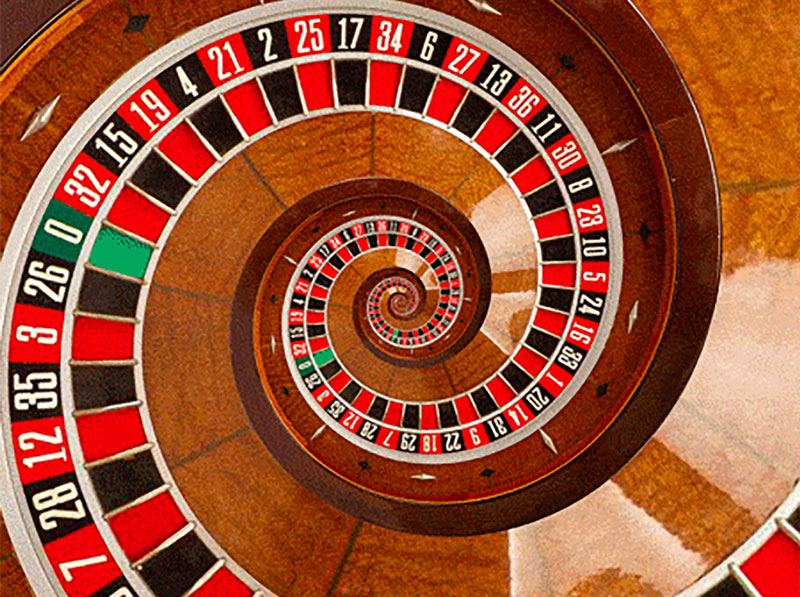
The recent stock market news has been downright scary. “Biggest one-day points plunge! Stocks in freefall! Bear market begins!”
You’re probably expecting me to say “Don’t worry, everything is going to be fine.”
But I won’t — because I can’t. I don’t know if stocks will recover tomorrow or take another big dive.
I don’t know because nobody knows. Absolutely no one.
Let’s roll the clock back a full year. At the start of 2017, the respected investment publication Barron’s asked a panel of experts if stocks would repeat the strong performance of the year before that, 2016.
They all said “no.” And they all had reasons. These included, political turmoil, international jitters, North Korea, etc.
Each prognosticator had a fully blown theory to back up what seemed like a reasonable guess — stocks would end 2017 lower.
Why should stocks go up for yet another year? They had been rising steadily since 2009, after all. The smart money said “sell” or at least “don’t buy.”
As you know, the smart money was wrong. And it was wrong because their guesses were … just guesses.
Market forecasts, predictions, outlooks by top pros, they all might as well be forecasting the next stop on a roulette wheel. There is zero evidence that stock market predictions are anything but guessing, no matter how educated, experienced and well-dressed the “expert” appears.
So I won’t be joining them in telling you that stocks will fall further, recover or anything in between. I know what I don’t know.
What can you do?
Burt Malkiel is the author of A Random Walk Down Wall Street, Princeton professor and a member of the Investment Committee of my firm, Rebalance.
Malkiel wrote about the stock market for The Wall Street Journal just a couple of weeks ago, trying to help folks understand how to invest when both stocks and bonds seemed overpriced.
According to various indicators, both stocks and bonds could be considered too costly to buy. Yet Professor Malkiel cautioned readers who might put faith in numbers alone.
Stocks supposedly were too expensive in the mid-1990s, Malkiel noted, yet they have returned 8.5% since then, despite the early 2000s bear market.
Again, in early 2017 stocks were considered expensive by many. Yet they still returned 17% that year.
Given the likelihood of making a mistake, what can investors do? Malkiel offers these three solid recommendations:
Diversify. Malkiel rightly says that diversification is the “only free lunch” in the financial markets. Owning a wide selection of investment types creates smoother returns in your portfolio over time. It’s like shock absorbers on your car. You’d absolutely miss them if they were gone.
Rebalance. A lot of people like the idea of a “set it and forget it” investment approach. Yet it’s common sense to review your portfolio at least annually. You might find that your initial investments have strayed far from your original intentions. Selling the relative winners to buy the relative losers is literally selling high and buying low.
Lower your costs. Given the utter uselessness of market punditry, it’s reasonable to ask if high-cost active managers know any better. But they don’t. It’s the same people. Paying a 1% fee to a mutual fund manager and another 1% to a financial advisor is a sure way to fall behind. Use low cost index funds instead and capture all the gains you are due.
Think back over the past few years. Do you remember the urgent headlines every time the stock market hit a new high? Of course not. There weren’t any.
When something happens incrementally, it’s not news. When change is abrupt, we suddenly want “answers” from experts. We want instructions. We want to take action.
The real danger is not a market correction — they happen — but acting on instructions based on nothing more than guesswork.





